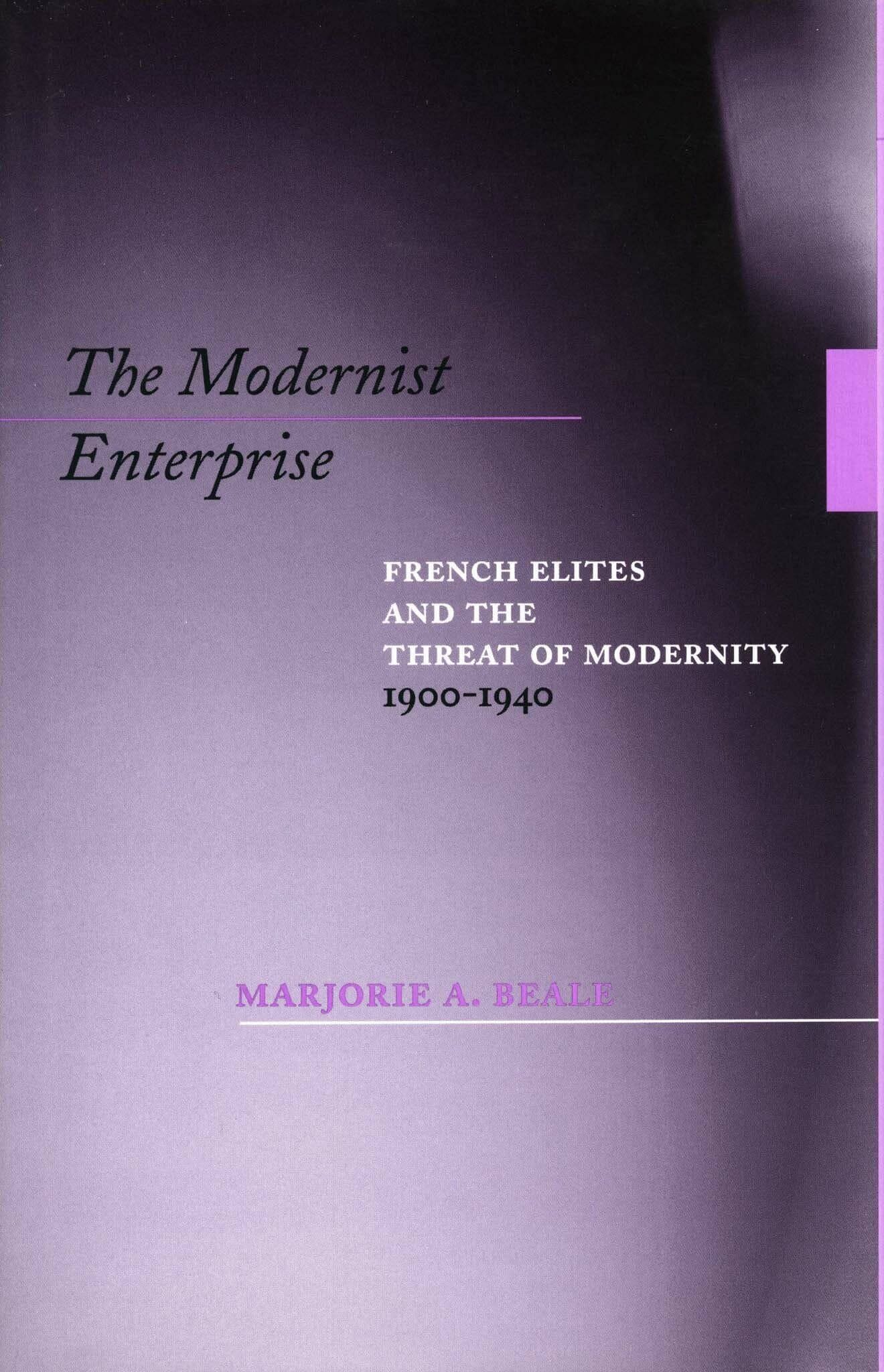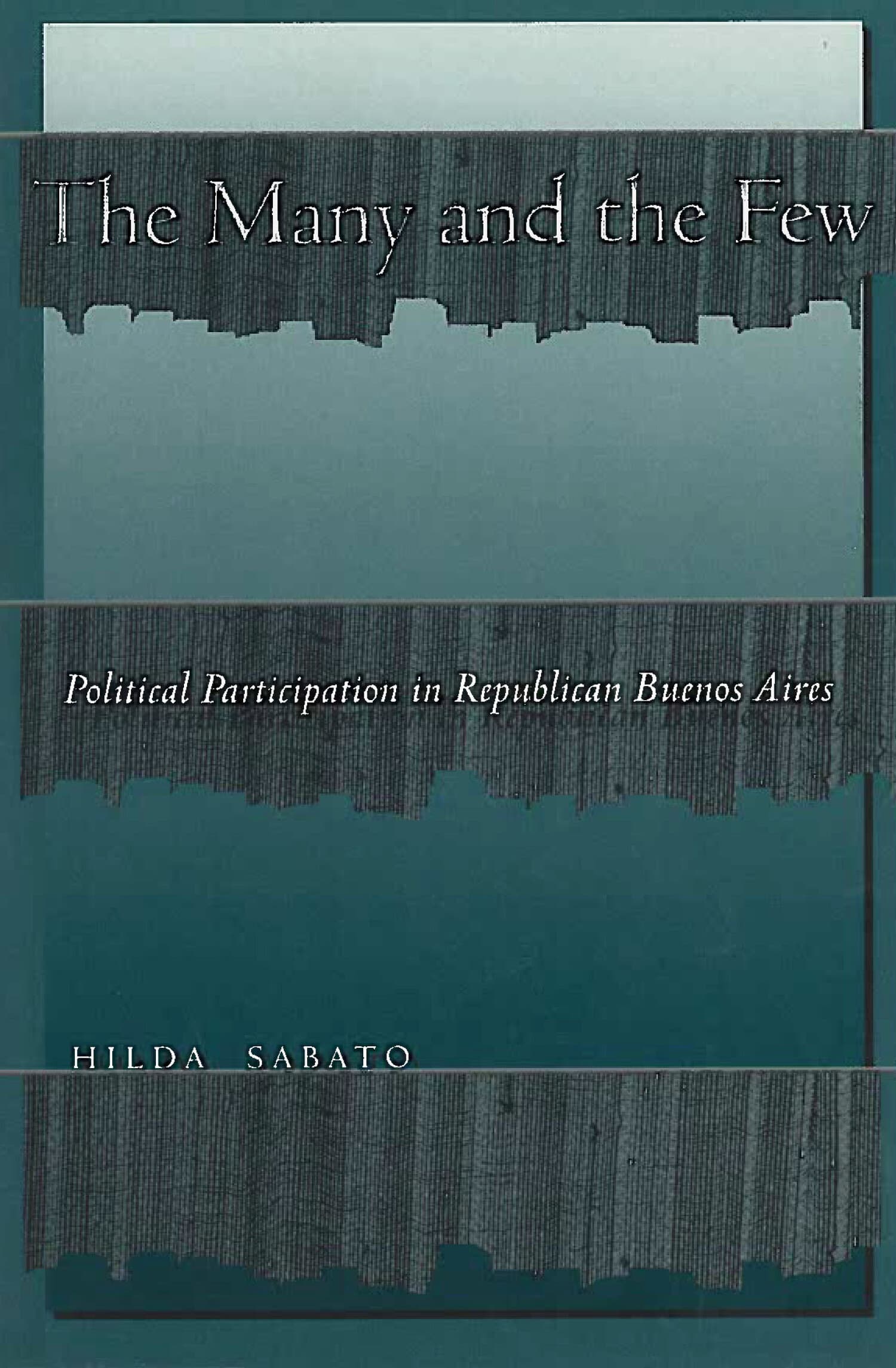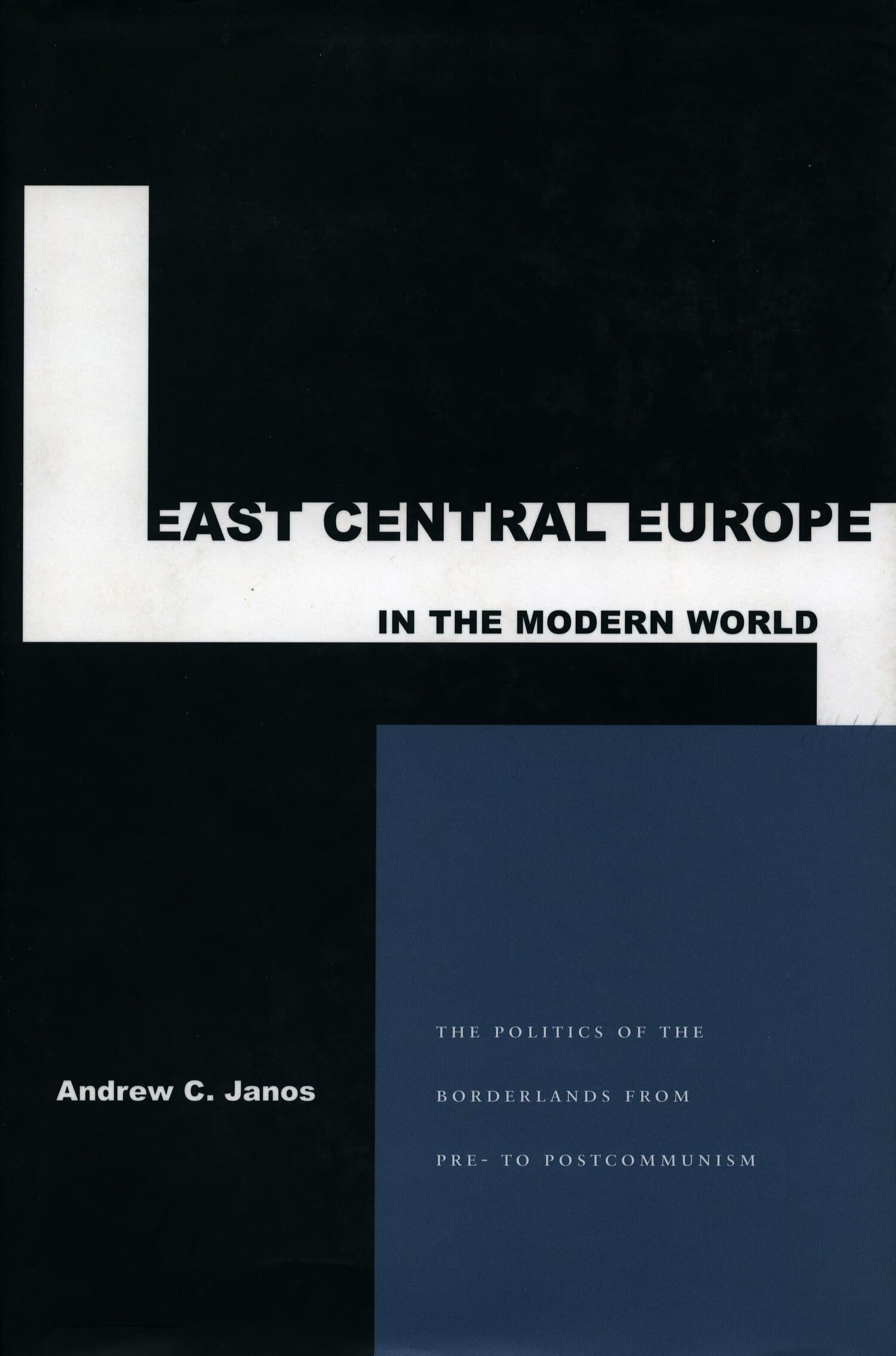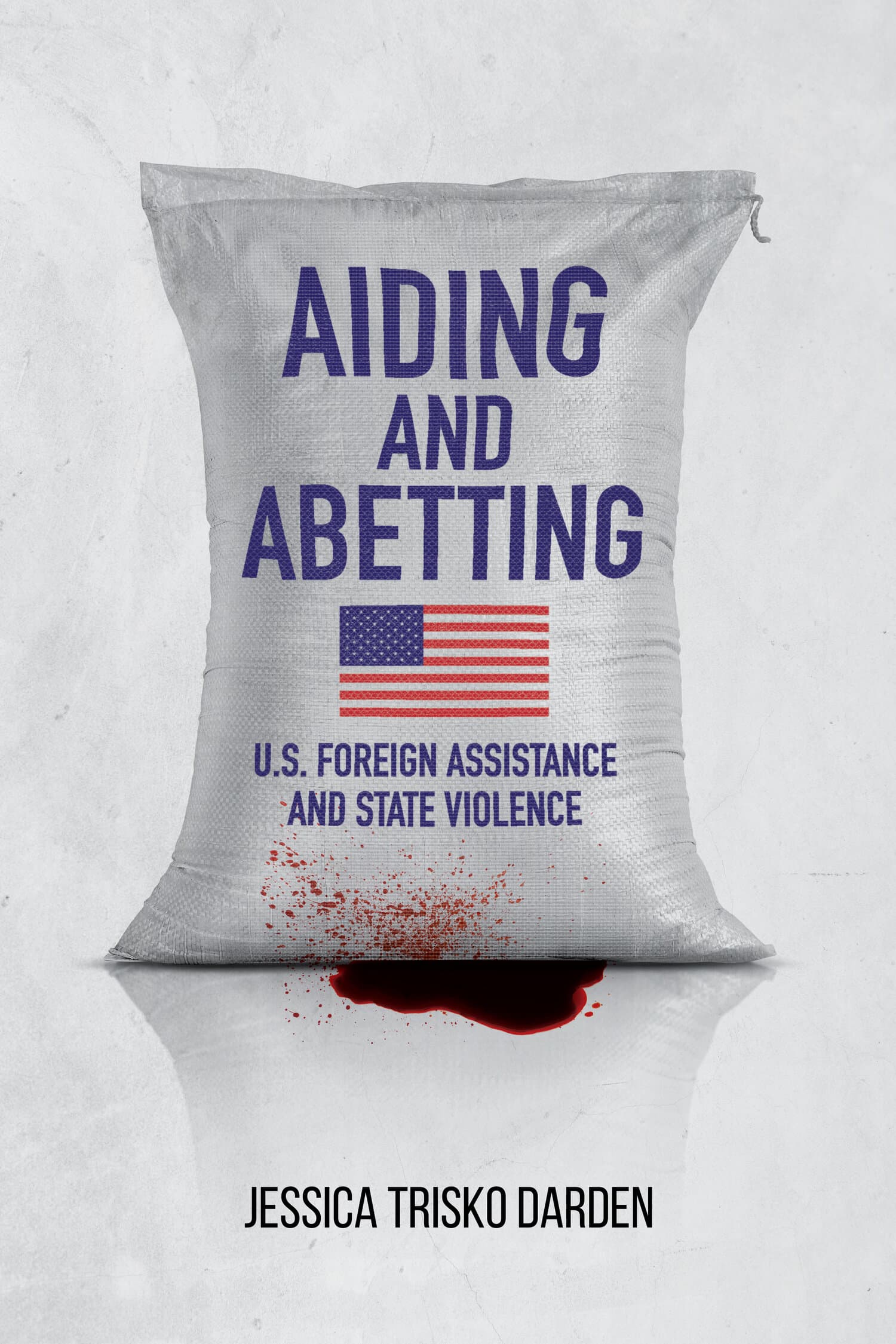Foreign Aid and State Building in Interwar Romania
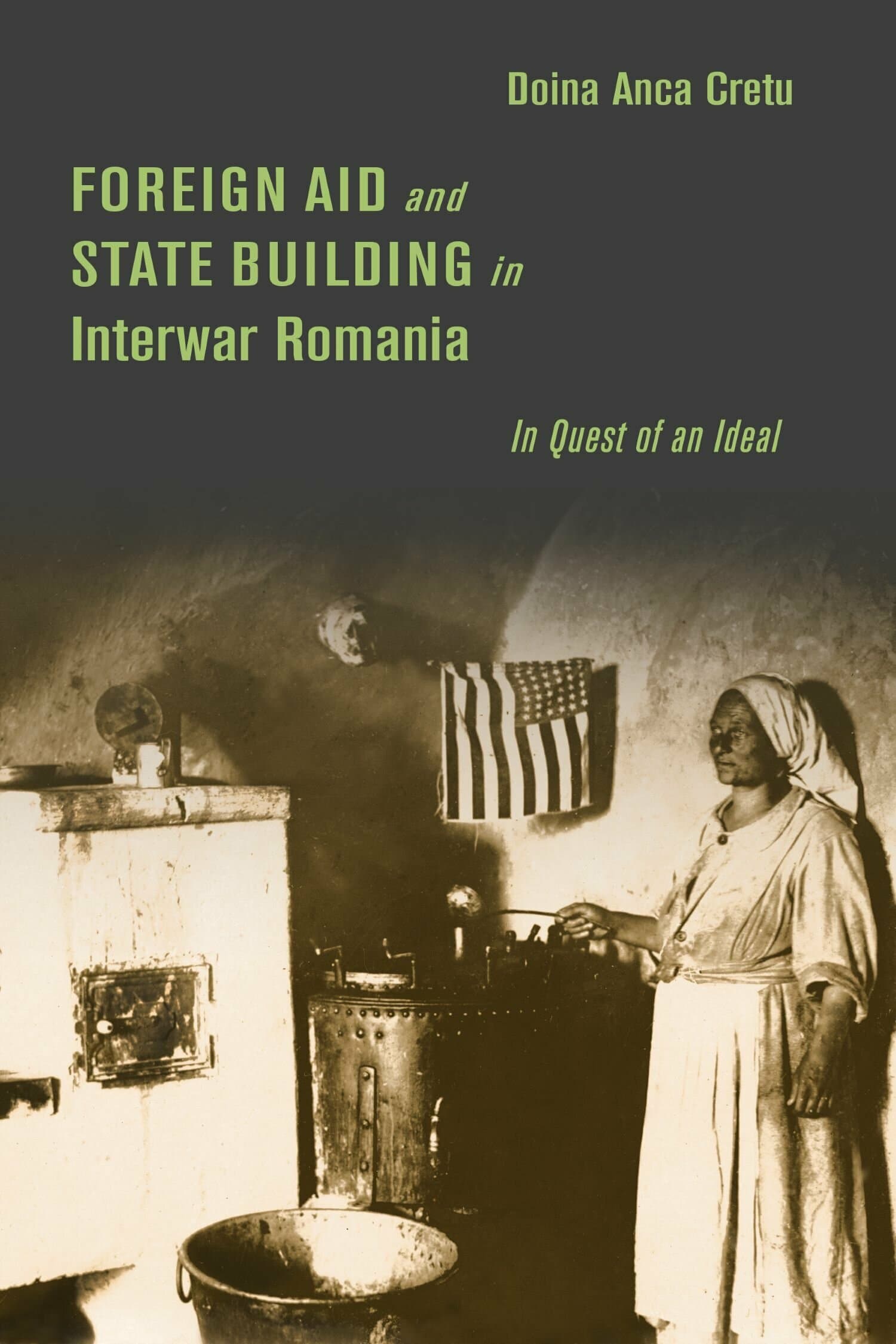
The decades following World War I were a period of political, social, and economic transformation for Central and Eastern Europe. This book considers the role of foreign aid in Romania between 1918 and 1940, offering a new history of the interrelation between state building and nongovernmental humanitarianism and philanthropy in the interwar period. Doina Anca Cretu argues that Romania was a laboratory for transnational intervention, as various state builders actively pursued, accessed, and often instrumentalized American assistance in order to accelerate reconstructive and modernizing projects after World War I.
At its core, this is a study of how local views, ambitions, and practical agendas framed trajectories of humanitarian and philanthropic endeavors in postimperial Central and Eastern Europe. Conversely, it is a reflection on the ways that architects and practitioners of foreign aid sought to transfer notions of democracy, civilization, and modernity within shifting local and national contexts in the aftermath of the war and after the collapse of European empires. At the intersection of the history of interwar Europe and international philanthropy and humanitarianism, this book's innovative and explicitly transnational approach provides a new framework for understanding the contours of European nationalism in the twentieth century.
—Julia F. Irwin, Louisiana State University
"Doina Anca Cretu's masterful book delivers an empathetic analysis of interwar actors who are often ignored in histories of humanitarianism. Cretu shifts the conventional power dynamics between 'east' and 'west,' aid givers and aid receivers, international organizations and incipient states."
—James Koranyi, Durham University
"This well-crafted and meticulously researched study of interwar US aid to Romania powerfully illustrates how languages of humanitarianism and technocratic developmentalism facilitated a relatively frictionless collaboration between liberal donors and illiberal local elites, supposedly 'above' politics or ideology."
—Katherine Lebow, University of Oxford
"This is an essential work for interwar Eastern European history, while also showing avenues for future scholarship at the most dynamic edges of the field."
—Mathias Fuelling, CEU Review of Books
